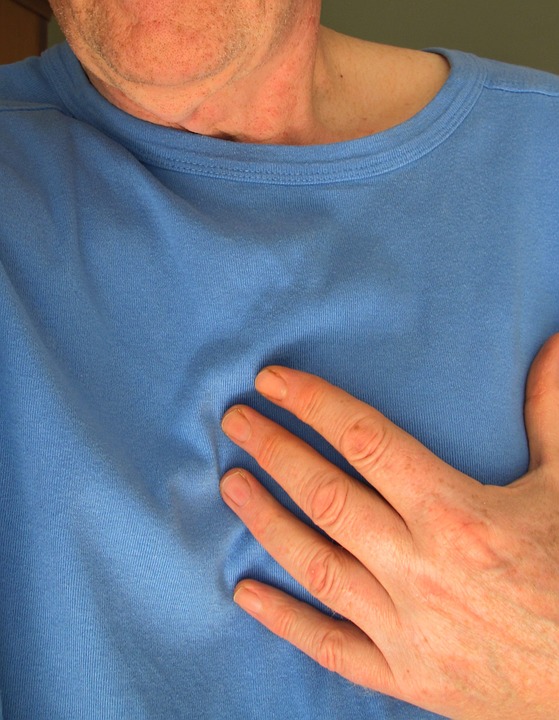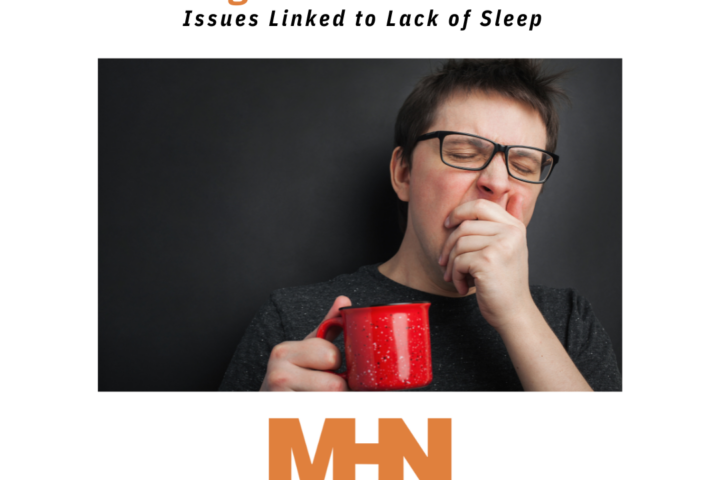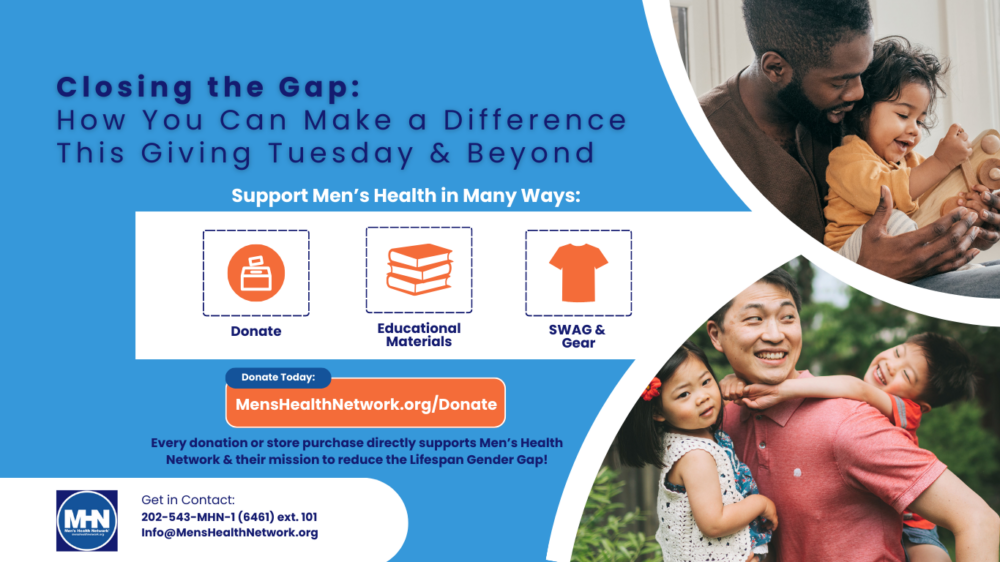There’s been a lot of controversy over the past few years about the health benefits—or dangers—to men of testosterone replacement therapy (TRT). Several recent studies, for example, purported to show that in healthy men, TRT increased the risk of stroke and heart attack.
Two recent papers, however, have reached the opposite conclusions. The first, written by Dr. Robert Tan and his colleagues, found significant issues with the methodology of the widely publicized testosterone-is-dangerous studies as well as “inconsistencies in data reporting that undermine the credibility” of the studies’ findings. Tan et. al’s data actually determined that for men under 65 who have no preexisting risk factors for heart attack or stroke, TRT is safe—and may even be beneficial. The authors even go so far as to say that, “low testosterone can be a public health issue, which, if left untreated, can lead to increased morbidity.”
The second paper, conducted at the Intermountain Medical Center Heart Institute in Salt Lake City examined the exact group excluded by Tan: elderly men with low testosterone levels and pre-existing coronary heart disease. That paper’s researchers, led by Brent Muhlestein, MD, the Institute’s co-director of cardiovascular research, found that TRT actually helps those men reduce their risk of heart attack, stroke, and death. Muhlestein and his colleagues studied 755 men aged 58-78, all of whom already had severe coronary disease. They divided the men into three groups: one that received medium doses of testosterone (either injected or in gel form), one that received high doses, and one that received no testosterone therapy at all. Their findings were quite dramatic:
- After just 12 months, 64 patients from the no-testosterone group had suffered “major cardiovascular events,” vs. only 12 from the medium-dose group and nine from the high-dose group.
- After 36 months, “125 non-testosterone-therapy patients suffered major adverse cardiovascular events, while only 38 medium-dose and 22 high-dose patients did.”
Keep in mind that the men in Muhlestein’s study were elderly and had both low testosterone levels and heart disease.
While Drs. Tan and Muhlestein are optimistic about their findings, they both caution that their results are not conclusive and that far more research, such as a randomized clinical trial of tens of thousands of patients, is needed to, as Tan puts it, “determine whether testosterone is cardioprotective or if it can cause [heart attack] or stroke in certain patient populations. “
Photo credit: pixabay




